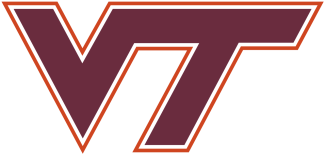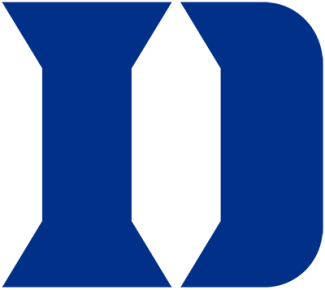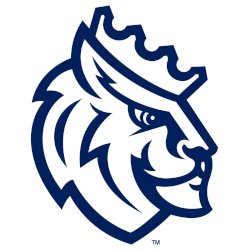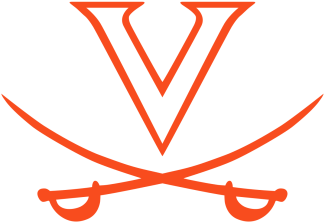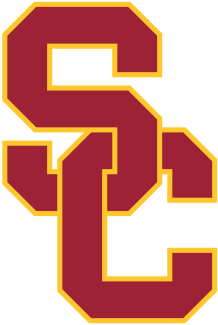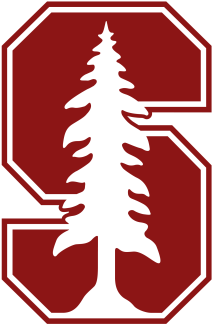For midfielder Andrew Eichelberger, it was devastating, confusing and scary all at the same time.
“When Coach Cassese sat us down and told us our season was essentially over, it was tough,” he said. “To be a senior, with my teammates, enjoying a great season at the time, to being shut down. I went from living with my best friends playing the sport we love, to going back home [to Woodlands, Texas] and going into lockdown.”
With the help of Lehigh’s strength coaches, Eichelberger had a plan to stay in game shape.
“I decided to come back for another year,” he said, taking advantage of a ruling allowing spring student-athletes impacted by the pandemic to play another season. “Along with my teammates like Christian McHugh, Conor Gaffney and Crew Cintron, we all thought it was best to continue our playing careers and our education at Lehigh. So, back home I did everything from hiking and running with a weighted backpack full of textbooks to wall ball to finding collegiate players in the Houston area who could meet to play 7-on-7 games. It wasn’t easy finding places to let us play, but we managed.”
While Todd Cassese was in the epicenter of the pandemic, Lehigh remained on lockdown. It wasn’t until late summer that Kevin Cassese was, following his brother’s advice, able to safely open some of his summer camps.
“He was right in the middle of it,” Kevin Cassese said. “I was and still am super worried about him. He was tasked with tracking everything about the virus. Cause, treatment, you name it. It was a monumental task. For him, it’s his job — he’s going to work. But no one can know how that feels unless you are on the front lines.”
When the team returned to Bethlehem for the fall semester, most classes were online. Living arrangements had to be altered. It wasn’t the same — not by a long shot
“Fall ball was a disaster for us,” Kevin Cassese said. “We had all of this anxiety. Our players came back to campus not knowing if we could practice. We didn’t have any scrimmages. We had small groups on the field, one at a time. We were all being tested regularly. We had a lot of virtual meetings. It wasn’t a normal fall, or anything close to it.”
In October, Cassese said “the bottom fell out.” After one full practice, Lehigh’s entire athletic department was put on pause. Lehigh had just that one team practice and was shut down twice in the fall semester.
Then came Thanksgiving break, and players had to remain on lockdown. They had Thanksgiving dinners dropped at their doorsteps by generous donors. Their coach worried about their mental health.
Once the players cleared quarantine, they went home for the holidays and took classes online. Finally, on February 1, Lehigh was able to return to campus — and the lacrosse field.
“We had four guys pull hamstrings on the first day,” Kevin Cassese said. “We had one player test positive [for COVID-19], but through contact tracing, it affected 12 of our players. We were supposed to start the season February 20 against Albany, but I called [Albany coach Scott Marr] and said it didn’t look good for us to come up there. He said, ‘You have 12 players out? We have 23 in quarantine!’”
It had been nearly a year since Lehigh played a game. With just 21 players at practice and only three total defensemen, playing that game against Albany “would have been a total disaster,” Cassese said. The game was ultimately postponed.
Then, finally, almost all of his players cleared quarantine, meaning Lehigh could really prepare for a season.
“With Todd’s advice, we learned how to move forward,” Kevin Cassese said. “We learned how to operate, with testing, living arrangements — everything is different than it used to be for a college lacrosse program. I have the constant fear that someone will pop positive and that their roommates could be exposed. We have set up what we call pods — a small group of players who do not play the same position as roommates. These pods will lift weights together and practice in the same part of the field together.
“We travel differently. No overnight trips anymore. We take two busses to allow for social distancing. The coaches drive in a separate minivan.”
All of the caution and advice from his brother finally paid off the next week against NJIT.
“It was great to listen in on offensive and defensive meetings, at least for a few hours, and not worry about COVID,” Cassese said. “It had been 358 days since we had played a game. I found real solace in that. It had been so long since I spoke on a game day about a game we were going to play. It was a relief.”









